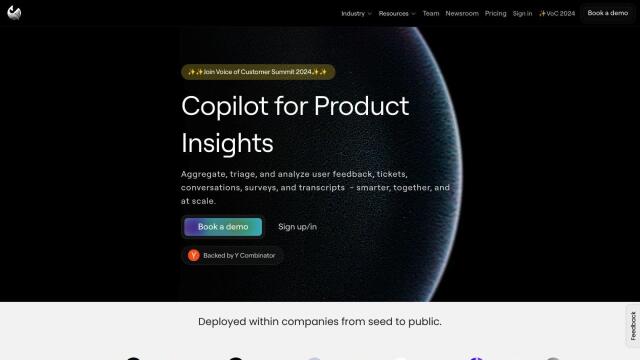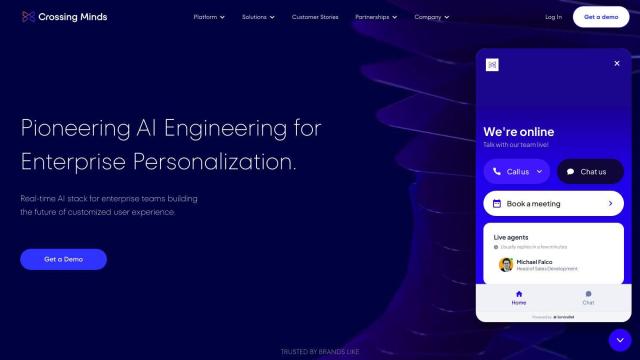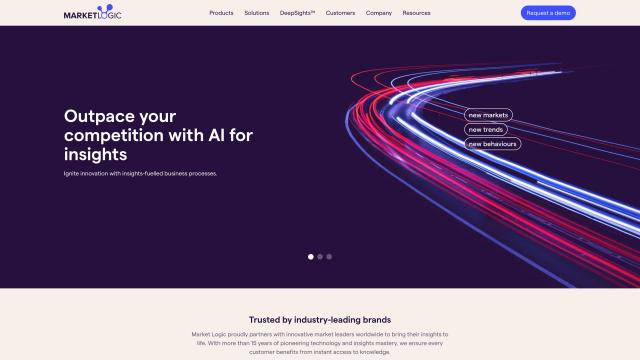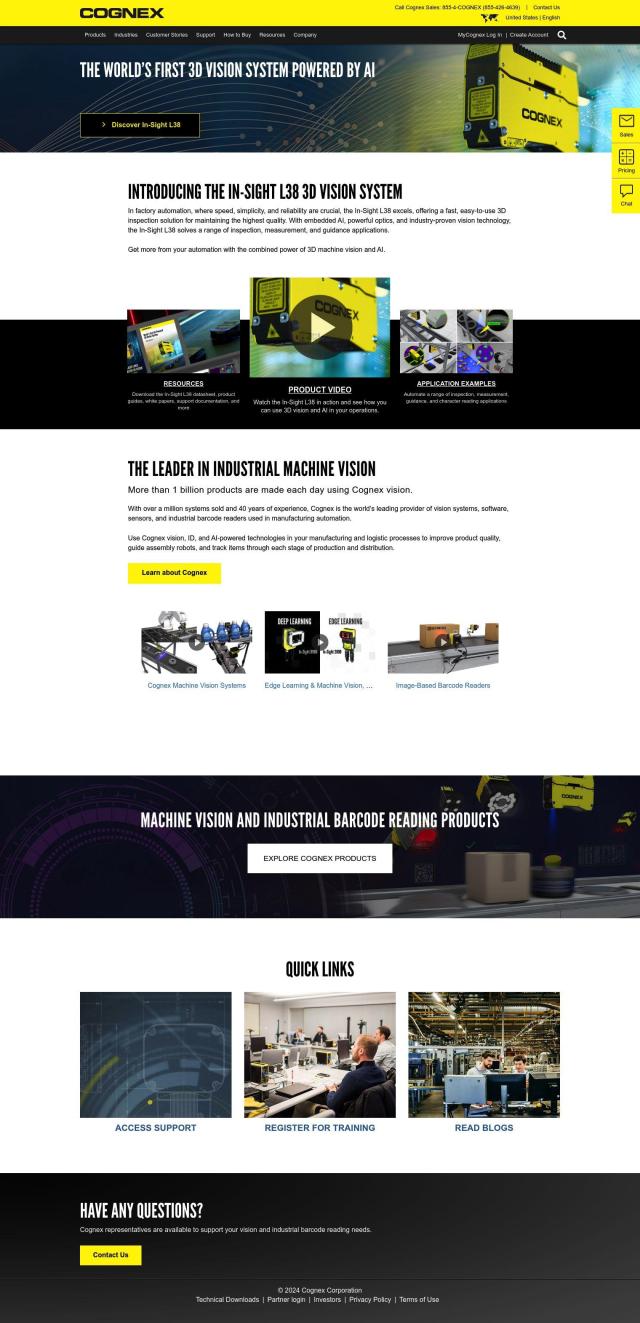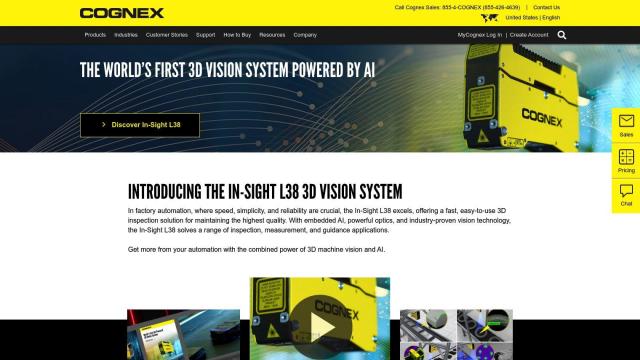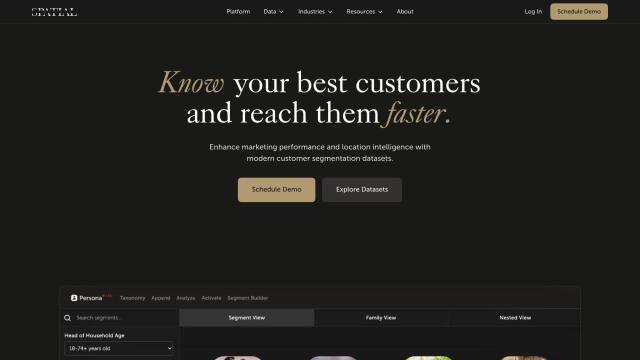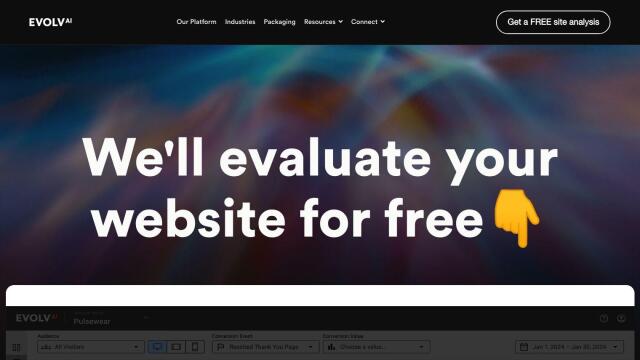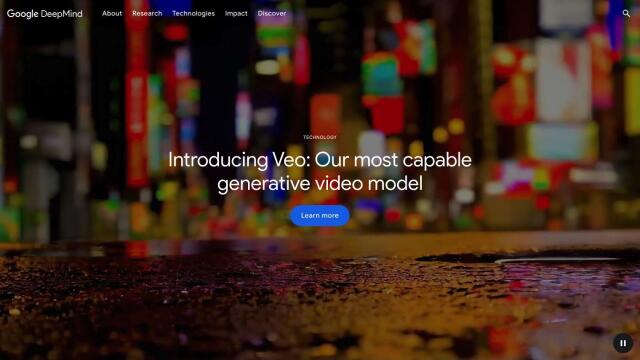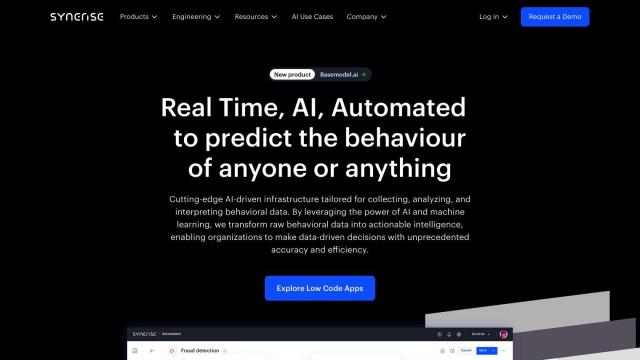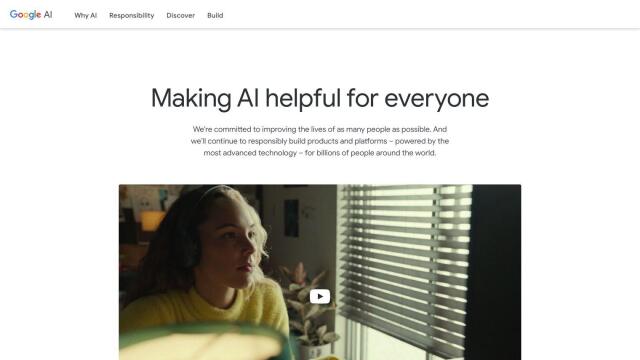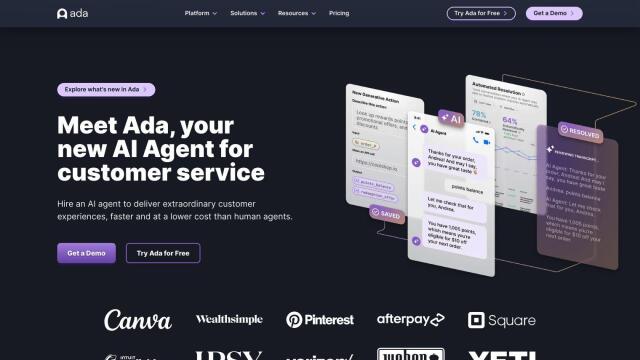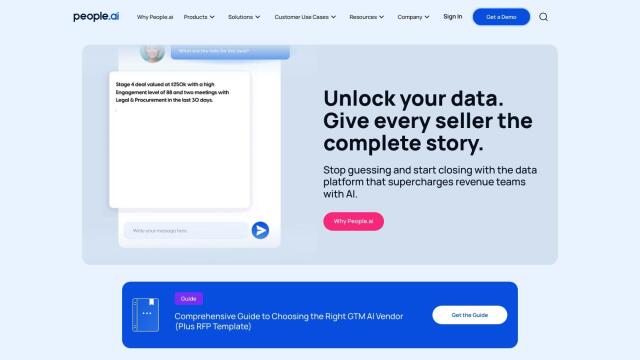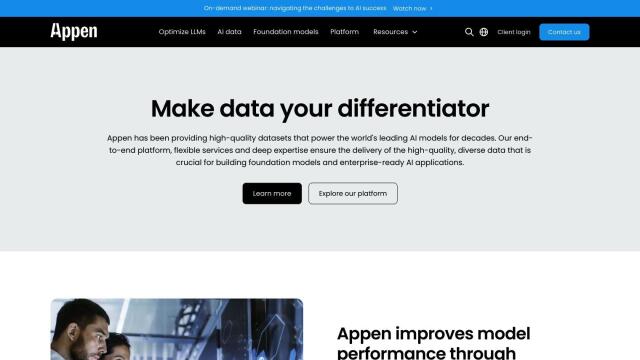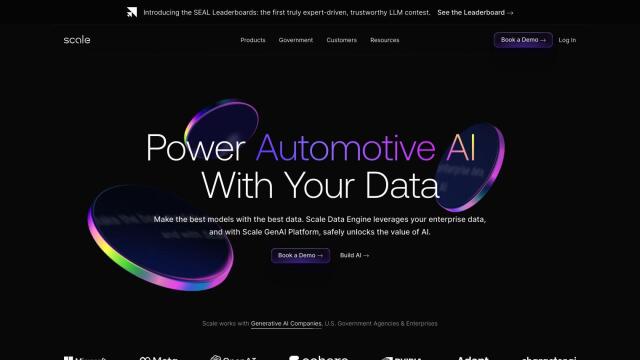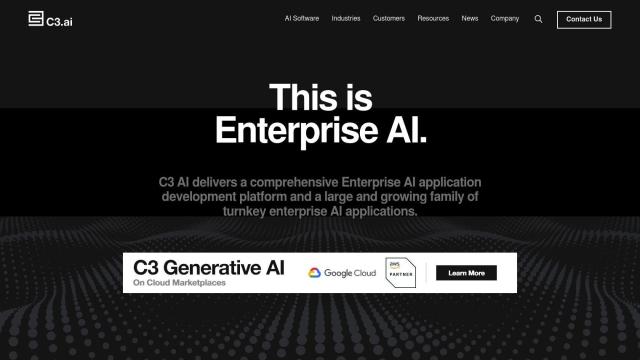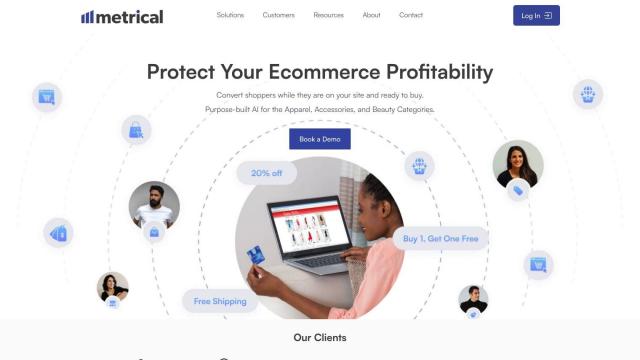Question: Do you know of a technology that uses AI and deep learning to accurately measure the difference between store reality and expectations?
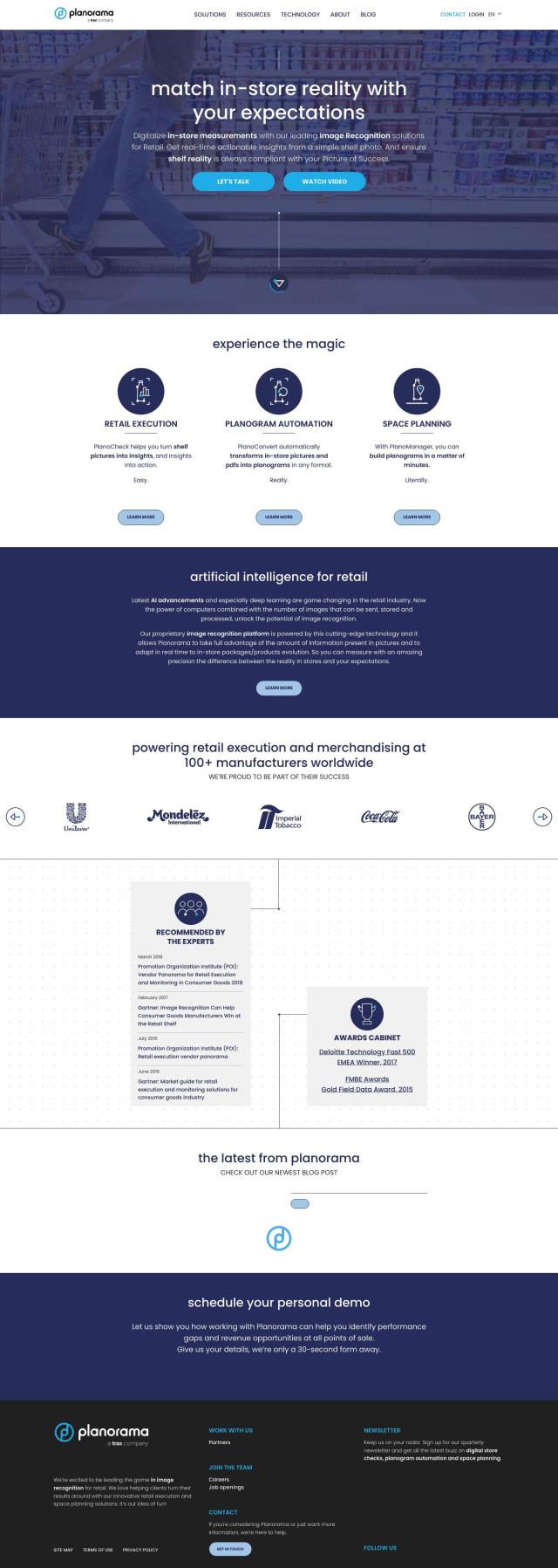
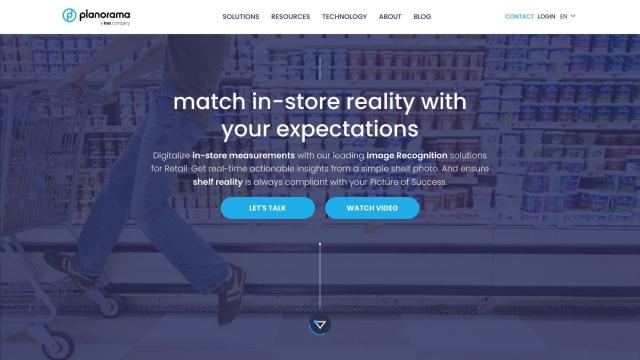
Planorama
For measuring the gap between store reality and expectations with AI and deep learning, Planorama is a standout. The platform has a sophisticated image recognition system that digitizes in-store measurements and converts shelf photos into planograms. With tools like PlanoCheck, PlanoConvert and PlanoManager, it offers precise measurements that are constantly updated to reflect changes in the store environment, so retailers and manufacturers can better execute retail and make the most of shelf space.

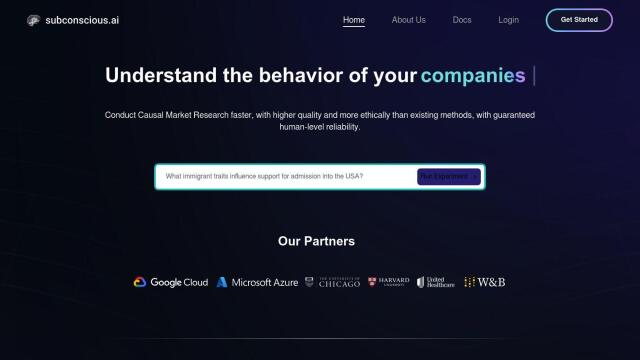
subconscious.ai
Another platform worth a look is subconscious.ai, which uses AI to improve market research by simulating user journeys and validating results through human validation. The platform's advanced causal models and data augmentation technology can help businesses understand what drives purchases and segment audiences more effectively, which could help narrow the gap between store reality and consumer expectations.

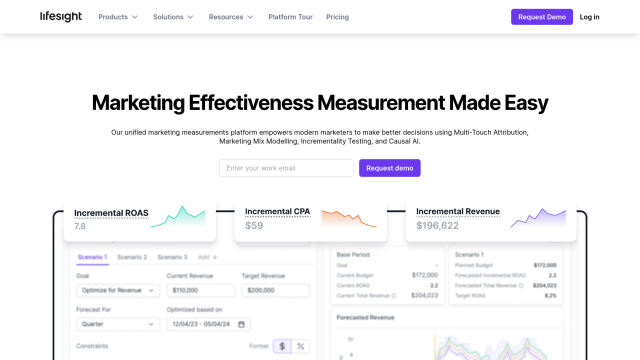
Lifesight
Lifesight also offers a unified marketing measurement platform with AI-powered insights to optimize marketing campaigns. Its Triangulation Framework and Incrementality Intelligence can help marketers measure the effect of marketing efforts across online and offline channels, which could lead to better decisions and a more accurate assessment of store performance versus expectations.

